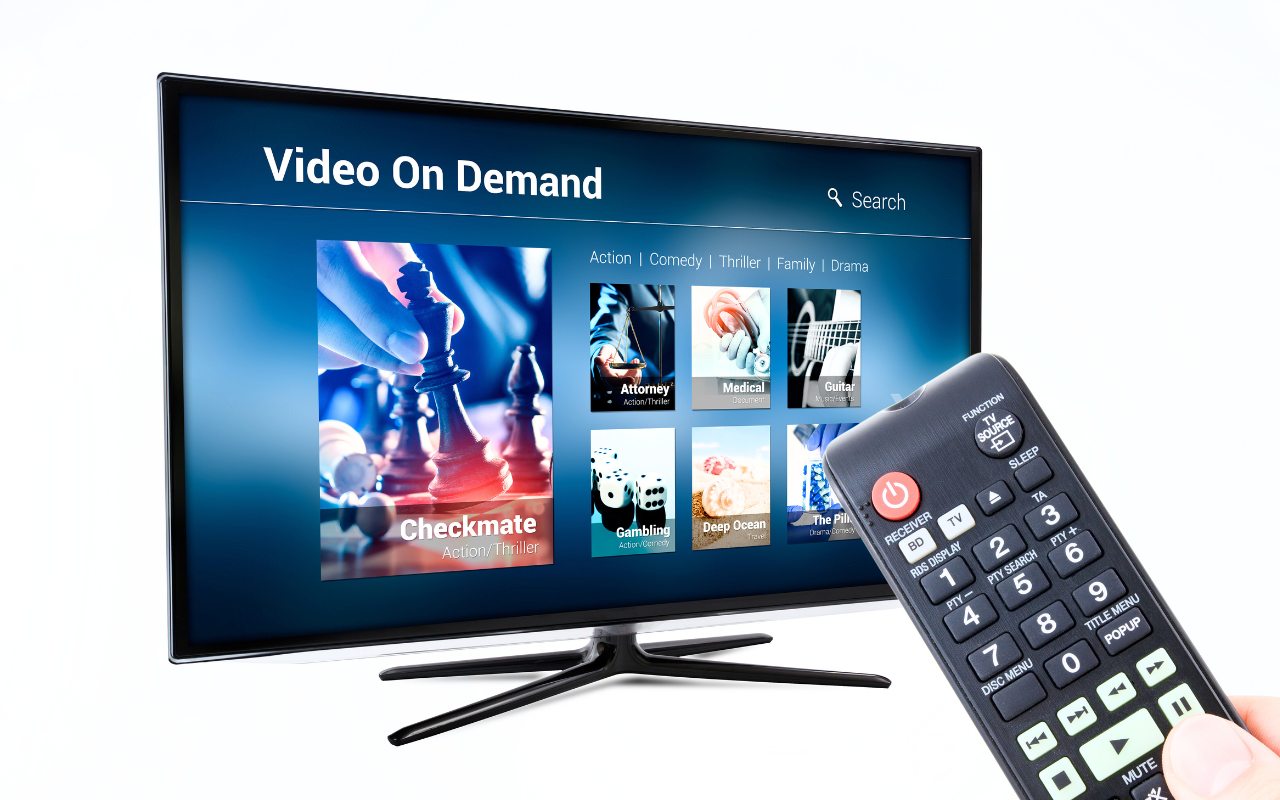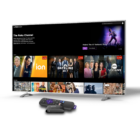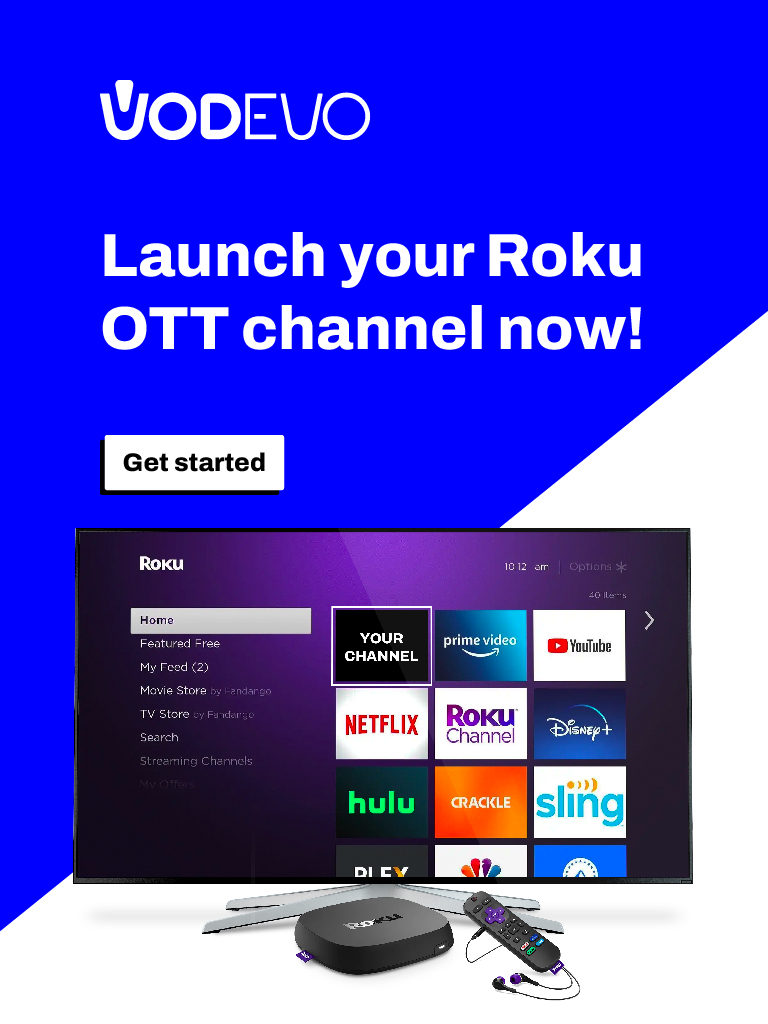OTT stands for over the top, an expression used nowadays to define the numerous media companies that provide content and services through the internet, thus surpassing traditional distribution systems, such as satellite or terrestrial television.
In fact, OTT services are often confused with simple video streaming services, as they were the first to offer television and video content through digital platforms.
However, it is worth noting that this is an imprecise simplification. In fact, when referring to OTT, there is no difference in terms of content type, as the focus is on the mode of transmission.
The unique features of OTT

Media companies providing OTT services, according to a shared definition proposed by the Canadian Radio-television and Telecommunications Commission, are characterized by not owning networks or dedicated facilities for content transmission. This is the most significant difference compared to cable or satellite TV broadcasters.
But what does over the top mean exactly? This expression refers to the ability of these actors to operate above the networks, particularly by not using a proprietary network but relying on content delivery networks, or CDNs.
The situation in Italy
In Italy, AGCOM has dedicated an investigation to OTT in the context of a research on new generation television, referring to web-based content distributed through a broadband connection and accessible through various types of devices.
Therefore, to access and enjoy this services and content, a broadband internet connection is essential, to the extent that various market analyses highlight the correlation between the use of OTT services and the digital divide.
It is clear that in contexts with lower broadband penetration, the adoption of OTT services and access to web-only content is lower.
OTT television
OTT television is also known as Internet TV, representing the various video streaming services that are becoming increasingly popular, including Netflix, Prime Video, Hulu, and Disney+ among the main players.
Traditional television players are also increasingly adding themselves to this mix, choosing to offer content exclusively via the internet, including content already seen on television, as well as original web-based productions, as in the case of RaiPlay and Sky Go.
There are also this voice services, such as Viber or Skype, which allow voice calls using wifi or data connections, known as VoIP.
Finally, there is OTT messaging, a category that includes Telegram, WhatsApp, and other instant messaging services provided by third-party vendors separate from the phone operator.








